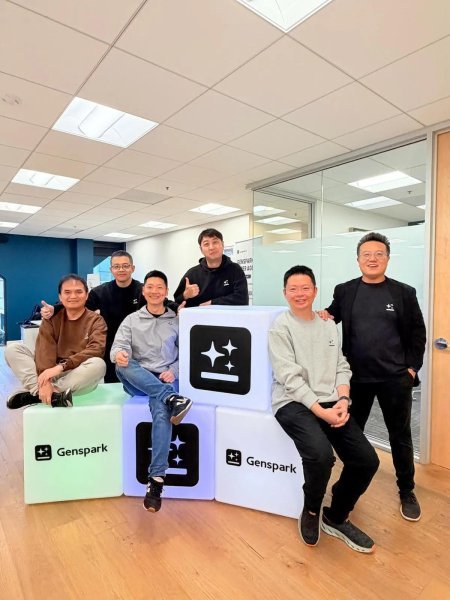
Medical / Research
Korean-U.S. Team Unveils Cancer Cell Migration Secret
Dong-A Ilbo |
Updated 2025.11.11
KAIST-Johns Hopkins Medical School Research Team
First to Uncover Cell Autonomous Navigation Mechanism
Based on Protein Binding for Straight Movement and Direction Change
First to Uncover Cell Autonomous Navigation Mechanism
Based on Protein Binding for Straight Movement and Direction Change
KAIST announced on the 10th that the research team led by Distinguished Professor Won Do Heo of the Department of Biological Sciences, in collaboration with the team of Distinguished Professor Kwang-Hyun Cho of the Department of Bio and Brain Engineering and Professor Kabsang Lee's team from Johns Hopkins University School of Medicine in the United States, has identified the 'autonomous driving mechanism' by which cells determine their direction of movement without external signals. This research was published in the international journal 'Nature Communications' on October 31.
The research team developed a new imaging technology called 'INSPECT' that can verify how proteins interact within cells. Using this technology, they observed the 'Rho family proteins,' which are key in regulating cell movement. The study revealed that these proteins not only divide the cell into front and back as previously known but also determine whether to 'move straight' or 'change direction' depending on which proteins they bind with.
The team analyzed a total of 285 pairs of interactions by combining 15 types of 'Rho' proteins with 19 types of binding proteins. Among them, 139 pairs actually bonded, and it was confirmed that a specific protein combination (Cdc42-FMNL) is responsible for the cell's 'straight movement,' while another combination (Rac1-ROCK) is responsible for the cell's 'direction change.' When the researchers modified part of the Rac1 protein structure to prevent it from binding with the ROCK protein, which acts as a 'handle,' the cell could not change direction and continued to move only in a straight line.
Professor Heo stated, "This study has elucidated that cell movement is not a random motion but is precisely controlled by the binding of Rho proteins with other proteins," adding, "The newly developed INSPECT technology will contribute to elucidating various biological phenomena and disease molecular mechanisms, such as cancer metastasis and neuron migration." This research was supported by the Samsung Science and Technology Foundation and the National Research Foundation of Korea.
Choi Ji-won
AI-translated with ChatGPT. Provided as is; original Korean text prevails.
ⓒ dongA.com. All rights reserved. Reproduction, redistribution, or use for AI training prohibited.
Popular News











